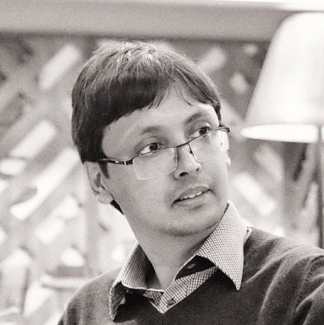Travel mode choice preferences of urban commuters in Dhaka: A pilot study
Dhaka, the capital of Bangladesh, has developed mostly organically and an appropriate planning of the city with long foresight is yet to be implemented. It has resulted in a transportation infrastructure which is wasteful and inconvenient to its citizen. Mass transit system, while it exists, is largely inadequate to provide a reasonable means of travel for its citizens and thus, in the recent times has garnered much attention to the population, policy makers and researchers. Efficient urban transportation system is essential for economic growth of the country and an economically viable transportation system for the city has therefore become a crying need at present. Therefore, main purpose of this study would be to identify the knowledge gaps that are essential for an efficient transport network and to identify future research areas that are essentials to fix the policy narrative around designing such a network.
This (pilot) study is expected to contribute toward understanding the travel mode choice of commuters who primarily use private transportation to work. For high density mega-city such as Dhaka dependency on such mode is largely inefficient and results in massive congestion. It is important to understand the different attributes that are important to these commuters and learn about the possible trade-offs between different modes. As such it will contribute toward designing a multi-modal hierarchical transport network for the greater Dhaka region given the growth and development of the city as a whole.
The feasibility of such design will depend on citizen’s choice of mass-transit as a commuting mode and this study intends to identity determinants and factors that may be associated with such choice. In recent time policy makers have been paying special attention to revamping the urban transport system. New laws have been passed by the national assembly to form new body such as Dhaka Mass Transit Authority (DMTA) act in last year (The Daily Star, November 3, 2009). Assessment and identifying the valuation by individuals of different modes of urban transport options will contribute in design and pricing of an improved urban transport infrastructure.




